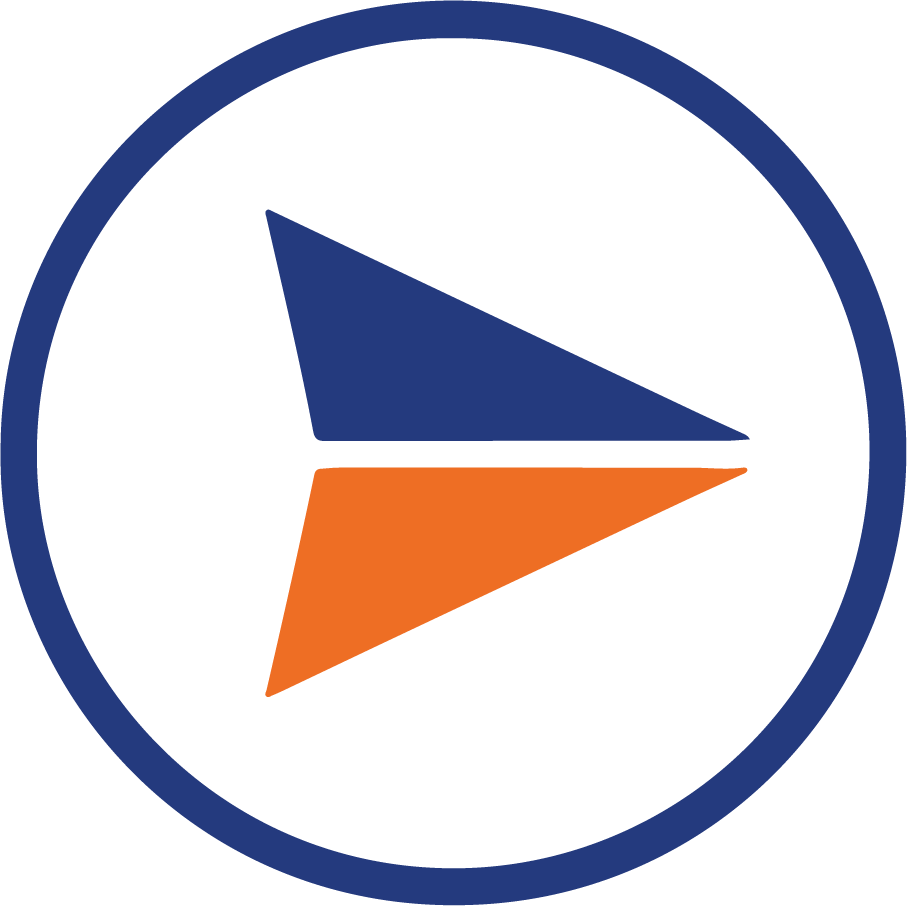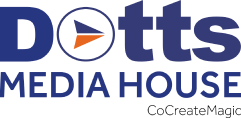About Traditional Marketing
Traditional marketing, a stalwart in advertising, relies on conventional channels like newspapers, text messaging, magazines, billboards, television, radio, and more.
This approach casts a wide net, aiming to reach a broad audience and sway them towards making a purchase.
While effective in brand creation, traditional marketing has a hefty price tag and geographical constraints.
About Digital Marketing
Conversely, digital marketing represents the modern approach, leveraging digital channels such as search engines, social media platforms, video marketing, and email marketing.
This strategy thrives on personalized communication, allowing businesses to tailor messages based on individual interests and behaviors.
It’s a cost-effective method with real-time monitoring capabilities, making it a favorite among companies looking to boost sales efficiently.
Key Differences between Traditional and Digital Marketing
While traditional marketing used to be a go-to a few years back, digital marketing seems to be the most sought-after recently. Reasons? This is simply because of digital marketing’s lower cost and the ability to showcase your business to the world without geographical restrictions.
However, traditional marketing is evergreen and has proven to stand the test of time while creating awareness to both the young and old. With these we’ll be highlighting the key differences between traditional and digital marketing based on several factors.
After these comparisons, we hope that you can make an informed decision on the best marketing means that suits your business and reach out to DottsMediaHouse to help maximize your budget and increase your ROI.
So, let’s begin!
Promotion Means:
- Traditional Marketing: It relies on traditional media like TV, radio, billboards, and newspapers to promote a company’s products and services.
- Digital Marketing: It leverages digital channels such as social media platforms and search engines to promote products and services.
Cost:
- Traditional Marketing: Ads Promotion is super-expensive.
- Digital Marketing: Ads Promotion is budget-friendly or cost-effective.
Communication:
- Traditional Marketing: It’s characterized by delayed communication.
- Digital Marketing: Allows for instant and direct communication.
Branding:
- Traditional Marketing: More effective in building brands.
- Digital Marketing: Less reliable in terms of brand building.
Time:
- Traditional Marketing: Time-consuming.
- Digital Marketing: Requires less time for implementation.
Targeting:
- Traditional Marketing: Limited targeting capabilities, like age, interest, behavior, etc.
- Digital Marketing: Enables personalized communication based on various criteria.
Reach:
- Traditional Marketing: Geographically restricted.
- Digital Marketing: Allows global products and services promotion.
Engagement:
- Traditional Marketing: Reaches a limited audience.
- Digital Marketing: Has the potential to engage a vast number of people.
Conversion:
- Traditional Marketing: Low conversion rate.
- Digital Marketing: High conversion rate.
Results:
- Traditional Marketing: Produces immaterial outcomes.
- Digital Marketing: Yields quantifiable and measurable results.
Flexibility:
- Traditional Marketing: Less flexible; changes are challenging once an ad is placed.
- Digital Marketing: Offers significant flexibility; changes can be made anytime.
Interaction:
- Traditional Marketing: No direct engagement exists between advertisers and the audience.
- Digital Marketing: Facilitates direct engagement between advertisers and their target audience.
ROI (Return on Investment):
- Traditional Marketing: Minimal ROI.
- Digital Marketing: High ROI.
Interruptions:
- Traditional Marketing: Difficult to avoid as ads are tied to users.
- Digital Marketing: Users can skip over ads that do not interest them.
Which Type of Marketing Should You Choose?
While the dichotomy between traditional and digital marketing is evident, the reality for many businesses involves a blend of both.
The ideal mix depends on your business type and audience demographics. Traditional methods might still hold value if your audience skews older or less tech-savvy.
For modern-day companies, digital marketing is the prevailing force, adapting seamlessly to the changing landscape of information consumption.
However, an integrated approach that combines the strengths of both traditional and digital marketing remains a strategic choice. This synergy enhances the likelihood of creating a comprehensive marketing strategy that effectively promotes your brand.
In the end, the best marketing strategy is the one that aligns with your company’s objectives and resonates with your target audience.
As you navigate the dynamic marketing landscape, consider each approach’s unique advantages and craft a strategy that propels your business toward success.





